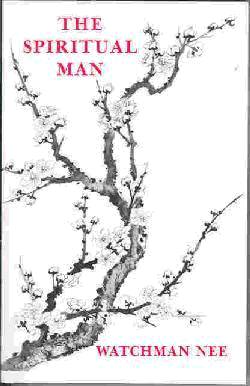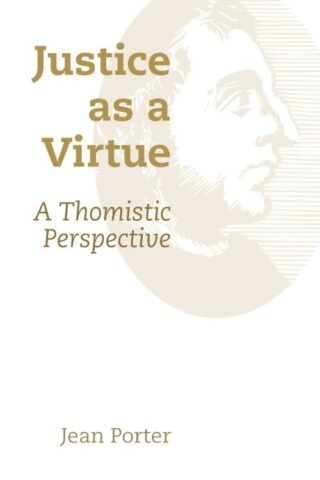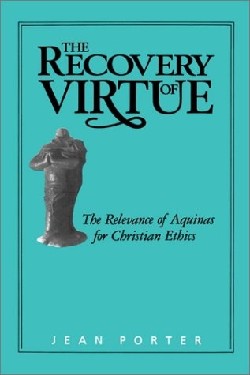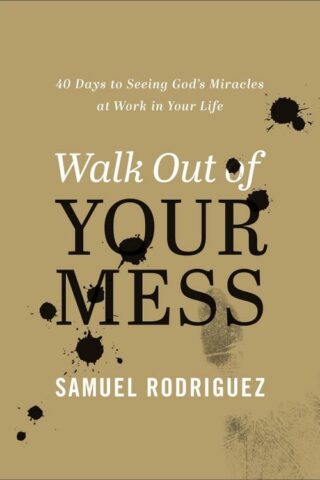Jean Porter
Showing all 4 resultsSorted by latest
-
Justice As A Virtue
$43.99“Aquinas,” says Jean Porter, “gets justice right.” In this book she shows that Aquinas offers us a cogent and illuminating account of justice as a personal virtue rather than a virtue of social institutions, as John Rawls and his interlocutors have described it – and as most people think of it today.
Porter presents a thoughtful interpretation of Aquinas’s account of the complex virtue of justice as set forth in the Summa theologiae, focusing on his key claim that justice is a perfection of the will. Building on her interpretation of Aquinas on justice, Porter also develops a constructive expansion of his work, illuminating major aspects of Aquinas’s views and resolving tensions in his thought so as to draw out contemporary implications of his account of justice that he could not have anticipated.
Add to cartin stock within 3-5 days of online purchase
-
Ministers Of The Law
$34.99In Ministers of the Law Jean Porter articulates a theory of legal authority derived from the natural law tradition. As she points out, the legal authority of most traditions rests on their own internal structures, independent of extralegal considerations – legal houses built on sand, as it were. Natural law tradition, on the other hand, offers a basis for legal authority that goes beyond mere arbitrary commands or social conventions, offering some extralegal authority without compromising the independence and integrity of the law.
Yet Porter does more in this volume than simply discuss historical and theoretical realms of natural law. She carries the theory into application to contemporary legal issues, bringing objective normative structures to contemporary Western societies suspicious of such concepts.
Add to cartin stock within 3-5 days of online purchase
-
Natural And Divine Law
$31.50Though the concept of natural law took center stage during the Middle Ages, the theological aspects of this august intellectual tradition have been largely forgotten by the modern church. In this book ethicist Jean Porter shows the continuing significance of the natural law tradition for Christian ethics. Based on a careful analysis of natural law as it emerged in the medieval period, Porter’s work explores several important scholastic theologians and canonists whose writings are not only worthy of study in their own right but also make important contributions to moral reflection today.
Add to cartin stock within 3-5 days of online purchase
-
Recovery Of Virtue
$39.00By developing a philosophical reconstruction of the moral philosophy that underlies the Secunda Pars of the Summa Theologiae of Thomas Aquinas, Jean Porter illuminates Aquinas’ theory of morality and shows its relevance to contemporary Christian ethics.
Add to cartin stock within 3-5 days of online purchase













